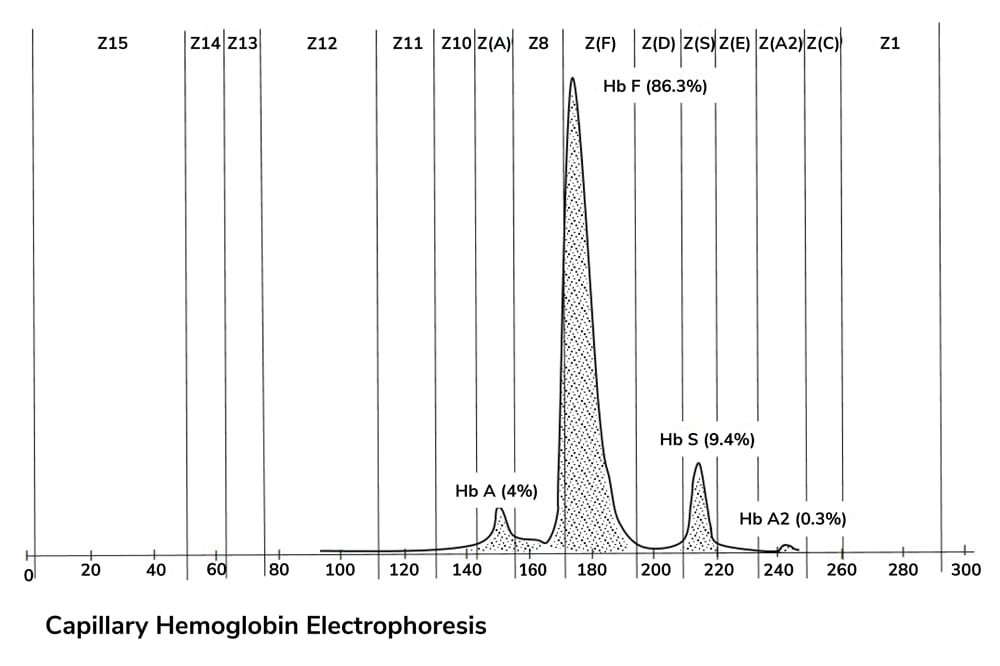By now you’ve probably heard of (or perhaps used) Uber, the on-demand travel app that allows customers to connect directly to a taxi driver in their area, rather than going through a taxi booking service. With so many conveniences now available directly through our smartphones, why not blood tests? A US company has embraced this so-called “Uberification” and created an on-demand phlebotomy service.

Known as Iggbo, the company works in a similar way to Uber: doctors can order a test using the app, which will then appear to a pool of independent, qualified phlebotomists in the area, who can accept or decline the job. Priority goes to “favorites” selected by the physician and those with the highest rankings. Once the job has been accepted, the phlebotomist will receive instructions on the collection, preparation and shipping of the sample. Patients can also have the option of having their sample taken at a convenient location, such as their home or workplace. “There are certainly market parallels between Uber and Iggbo,” says Nuno Valentine, Iggbo CEO. “In Uber’s case, there were previously legions of badged taxi services exclusively entitled to offer per-ride transportation. Uber saw a diverse, geographically-spread community that had a shared need for dependable, high-quality service delivery. We saw similar characteristics in the healthcare community,” he explains. “Historically there has been a disconnect between the labor – the phlebotomists who draw a patient’s blood – and the demand from physicians who are ordering the tests, making it difficult to coordinate physician orders for lab tests, phlebotomist availability and patient schedules.” What inspired the idea? A US Department of Justice Investigation last year discovered that some labs were paying doctors who sent in test samples. This sparked a US government fraud investigation into the offering of financial incentives to doctors to order – often unnecessary – tests (1). “The government really produced the opportunity,” says President and co-founder of Iggbo Mark Van Roekel, “and the government did the right thing, frankly. In the way it was set up before, there was a passive incentive that was in place for physicians to order more tests than they perhaps should because there was money to be had.” For labs, Iggbo offers access to patient samples without the need for large investments in location, infrastructure and staff, which the company hope will allow labs access to more patients. For patients and doctors the service is convenient, and free. “In the US, the current system already sees one in three prescribed blood draws failing to take place – for independent labs, these inefficiencies reduce access to patients,” adds Valentine. In eight months, Iggbo has reportedly attracted 4,000 phlebotomists, and is now operating in over 18 states, with plans to expand further. Does it have the potential to transform sampling in the way apps like Uber changed our approach to taxi hire? Time will tell, but the allure is clear: “Physicians can be confident of patient compliance with necessary lab tests. Patients can have blood drawn at their convenience. Phlebotomists can work when they want, where they want,” concludes Shaival Kapadia, Iggbo Chief Medical Officer.
References
- US Department of Health and Human Services Office of Inspector General, “Special fraud alert: laboratory payments to referring physicians”, (2014). Available at: http://1.usa.gov/1N2JwQs. Accessed September 2, 2015.




